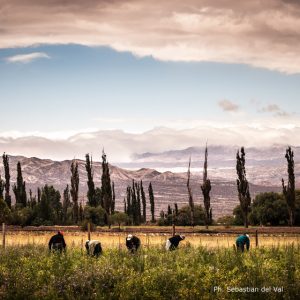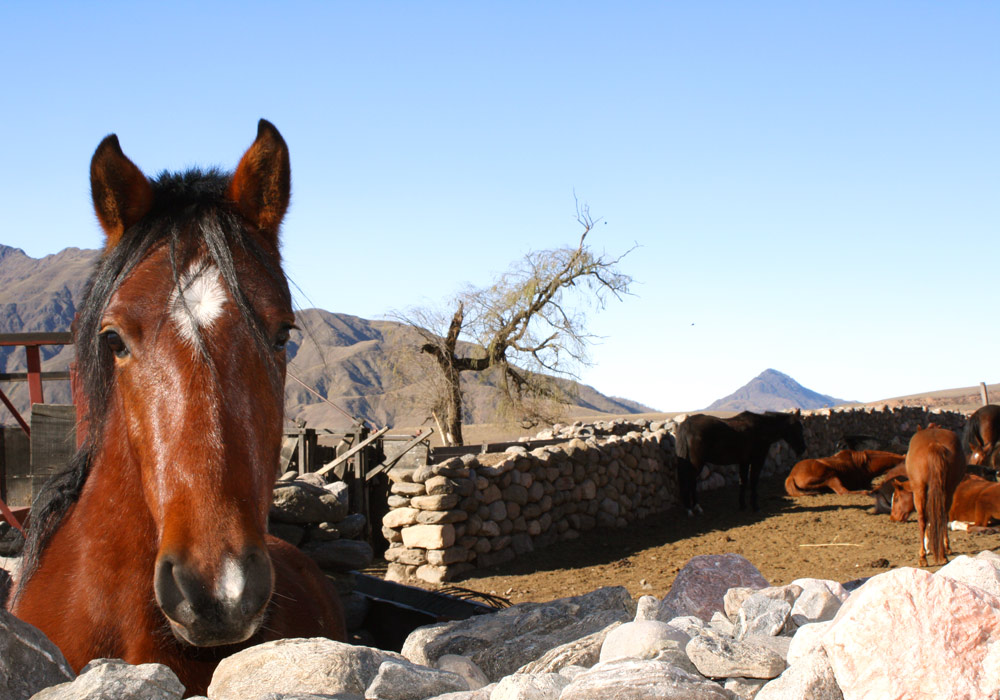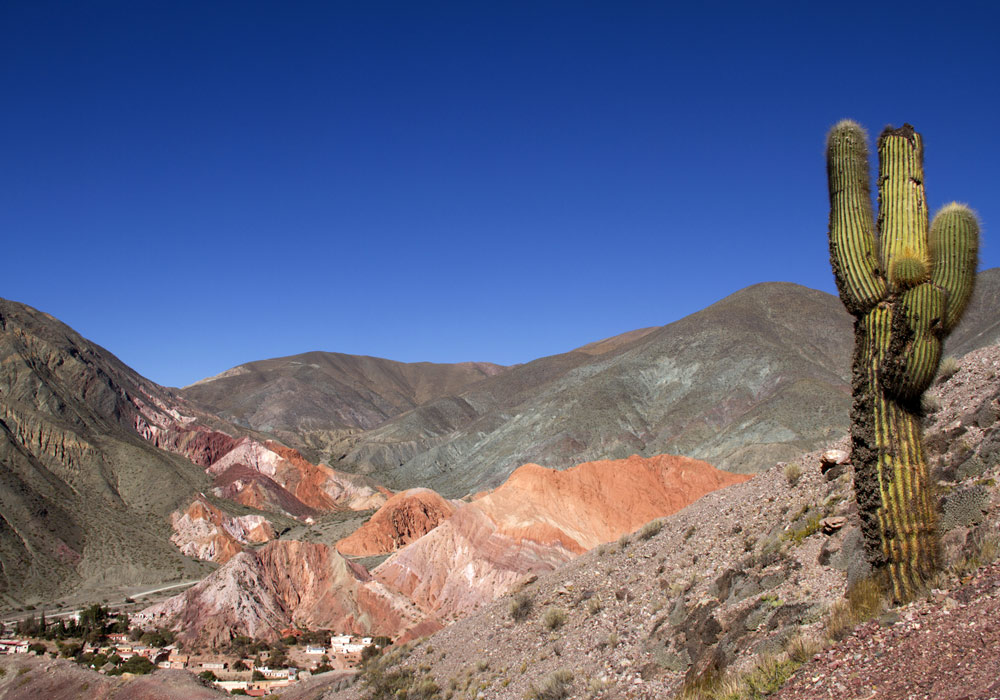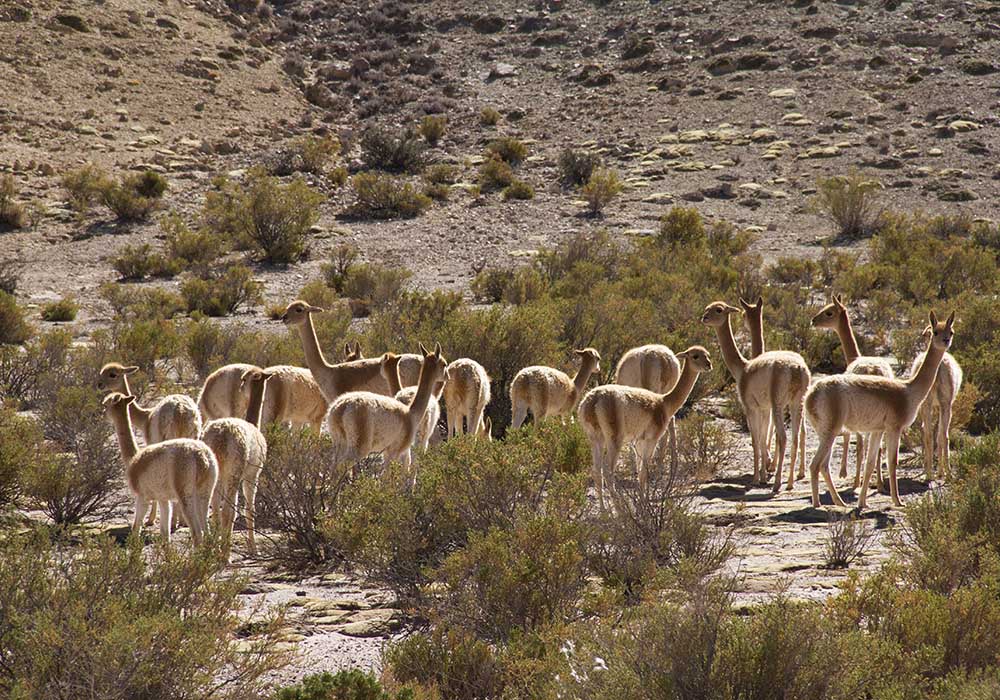Salta & Tucuman
- #Nature
- #7 days
Code: NOA 7701
HIGHLIGHTS
Salta, Humahuaca & Calchaquíes Valleys
DAY BY DAY
Welcome at Salta Airport and meet your trip’s guide. The photographer-driver-guide has earned a name for his pictures of Northwest Argentina and will share his best tips with you along the week.
The guide takes you on a city tour. The architectural style of numerous historical buildings highlights the city’s colonial heritage while Cerro San Bernardo hill offers a panoramic view of the city and Lerma Valley.
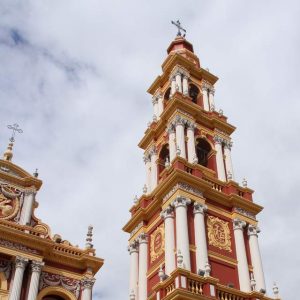
On your way to San Antonio de los Cobres you visit aboriginal ruins and impressive railway engineering works. The high and deserted environment of Puna region and Salinas Grandes salt lake displays a rough and deep beauty.
In the afternoon you arrive to Purmamarca, at the foot of the Seven Colors Hill –Cerro de los Siete Colores.
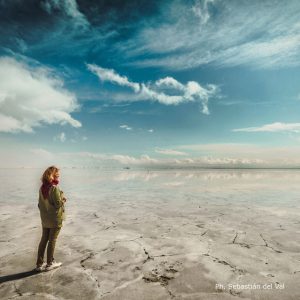
Morning hike around Cerro de los Siete Colores and day visit to Quebrada de Humahuaca -its adobe villages, silent valleys, colorful markets, pre-hispanic remains and hidden corners.
You then head to a fantastic lookout point of Serranías del Hornocal to get the best out of the afternoon light. The mountain range’s numerous colors zig-zag out of the lens and behind other mountains.
Max. height 4350 m.a.s.l.
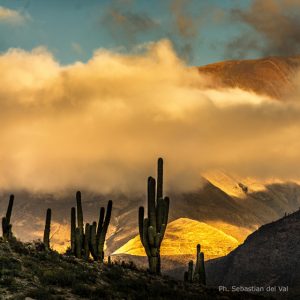
Following the local traditions you trek across hills accompanied by llamas. For thousands of years ancient Andean cultures have been using the llamas for wool and meat production as well as a means of transportation.
The excursion offers panoramic views of Humahuaca Gorge, colorful mountains, traditional villages, Tilcara Town and an intimate contact with the animals.
Afternoon return to Salta City via La Caldera. The mountain road cuts through an unthinkable jungle.
Trekking approx. 4 hs. – Max. height 2800 m.a.s.l.
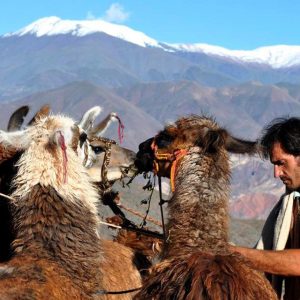
On your way to Cafayate across Quebrada de las Conchas you stop at the hollows produced by eolic erosion. The rocky formations hold religious significance for prehispanic and local cultures.
Located at 1700 m above sea level, Cafayate is one of the most important wine production areas in Argentina. In the afternoon you visit a local winery and enjoy the peaceful surrounding of the Calchaquíes Valleys.
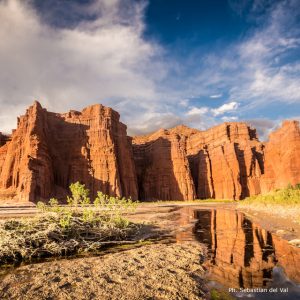
Mythical Route 40 passes by picturesque settlements and small agricultural communities where alfalfa, potatoes, onions and chili peppers are cultivated by the means of traditional irrigation systems and where ponchos and llama-wool garments are knitted with ancient techniques.
The local culture, mixture of aboriginal and Spanish influences, is heartly felt in the whole region.
Near Molinos Town you take a detour to Colomé Wine Estate, which has some of the oldest high mountain vineyards -dating back to colonial times- and hosts the distinguished James Turrell Museum.
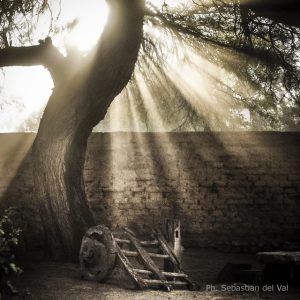
The winding mountain road finds its way through Los Cardones National Park, Piedra del Molino lookout point and the breathtaking Cuesta del Obispo (Bishop Slope) back to Salta.
Max. height 3600 m.a.s.l.
